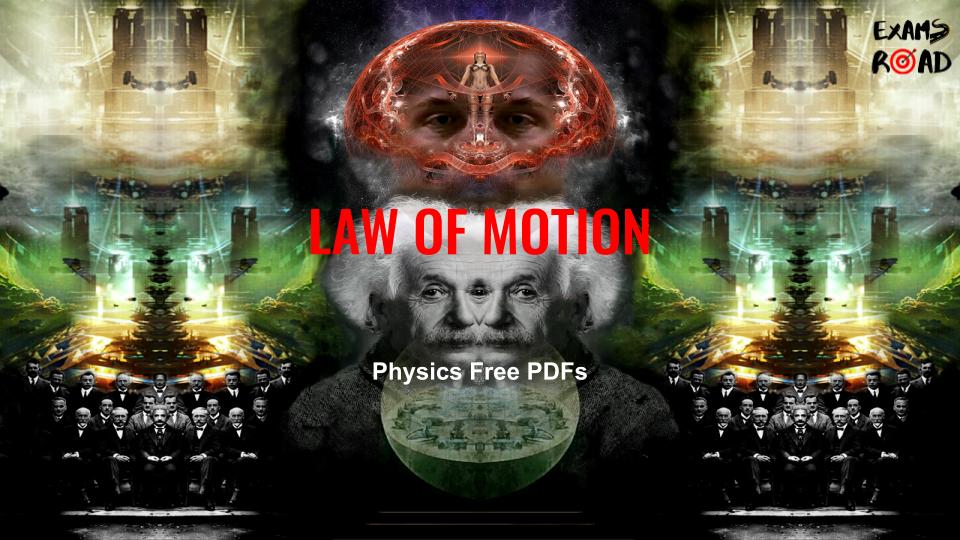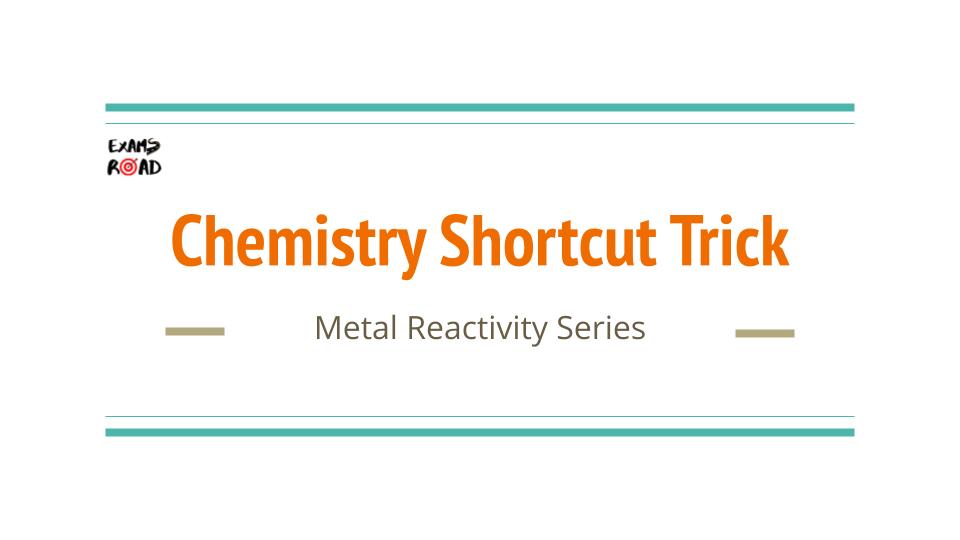Organic Chemistry Quiz
1. Which is the best-suited method for the separation of para and ortho-nitrophenols from 1:1 mixture?
(a) crystallisation
(b) chromatography
(c) sublimation
(d) steam distillation
Answer: (d)
2. Find the incorrect statement for a nucleophile
(a) A nucleophile is a Lewis acid
(b) Nucleophiles do not seek electron
(c) Ammonia is a nucleophile
(d) Nucleophiles attack low electron density sites
Answer: (a)
3. Which among the following is the most deactivating meta-directing group in aromatic substitution reaction?
(a) -COOH
(b) -SO3H
(c) -NO2
(d) -CN
Answer: (c)
4. Ammonia evolved from 0.75 g of the soil sample in the Kjeldahl’s method for nitrogen estimation, neutralises 10 ml of 1M H2SO4. Find the percentage of nitrogen present in the soil
(a) 35.33
(b) 37.33
(c) 43.33
(d) 45.33
Answer: (b)
5. The correct order of increasing nucleophilicity is
(a) Cl– < Br– < I–
(b) Br– < Cl– < I–
(c) I– < Br– < Cl–
(d) I– < Cl– < Br–
Answer: (a)
6. Homologous series of alkanols have a general formula
(a) CnH2nO2
(b) CnH2nO
(c) CnH2n+1O
(d) CnH2n+2O
Answer: (d)
7. Find the compound which undergoes nucleophilic substitution reaction exclusively by an SN1 mechanism
(a) Benzyl chloride
(b) Chlorobenzene
(c) Ethyl chloride
(d) Isopropyl chloride
Answer: (a)
8. Which of the following methods is best suited for the separation of a mixture containing naphthalene and benzoic acid
(a) Crystallisation
(b) Chromatography
(c) Sublimation
(d) Distillation
Answer: (c)
9. How many structural isomers are possible if one hydrogen in diphenylmethane is replaced by chlorine?
(a) 8
(b) 4
(c) 7
(d) 6
Answer: (b)
10. Why do we boil the extract with conc. HNO3 in Lassaigne’s test for halogens?
(a) to increase the concentration of NO3– ions
(b) to increase the solubility product of AgCl
(c) it increases the precipitation of AgCl
(d) for the decomposition of Na2S and NaCN formed
Answer: (d)



















